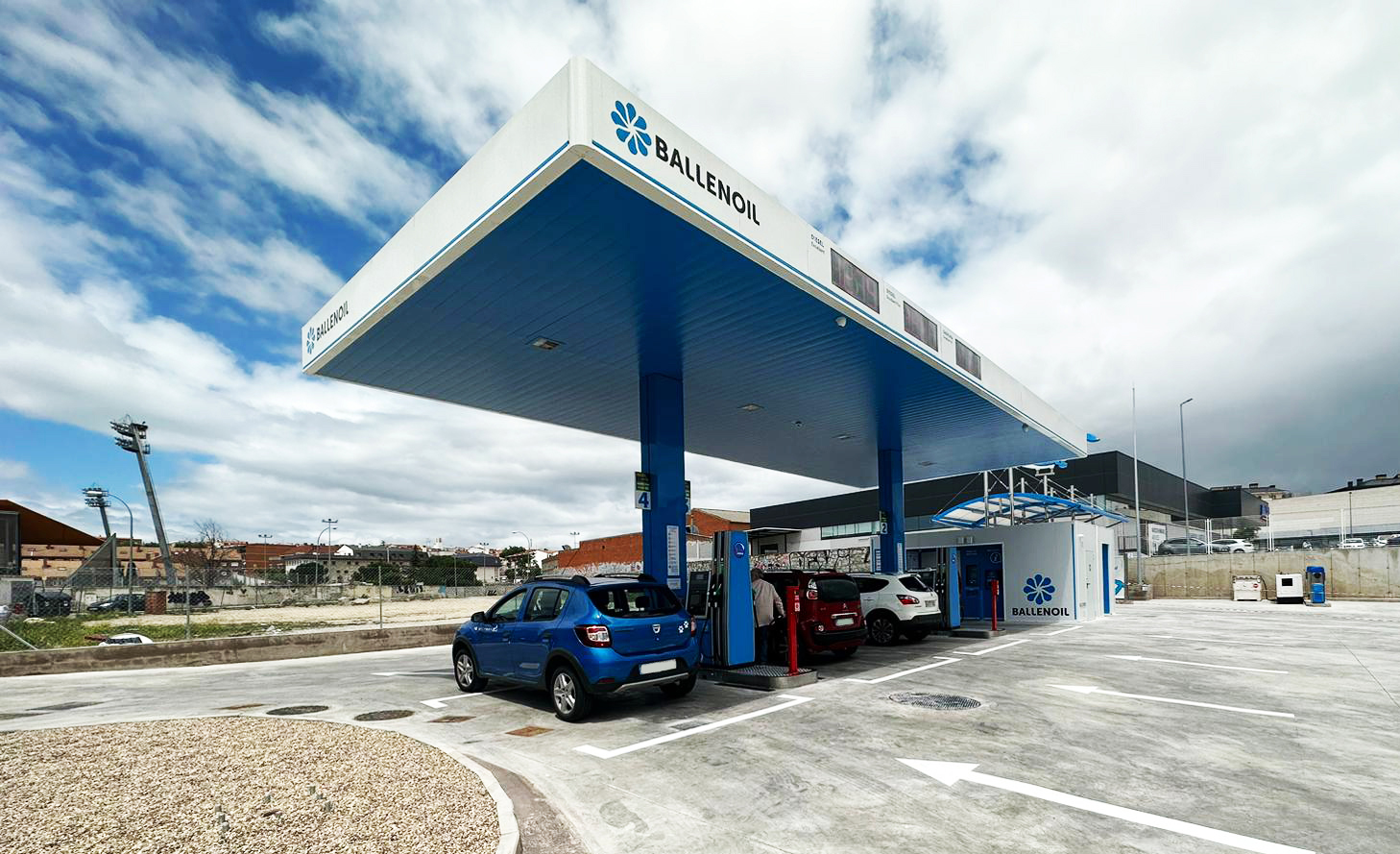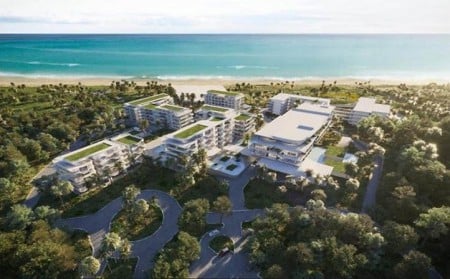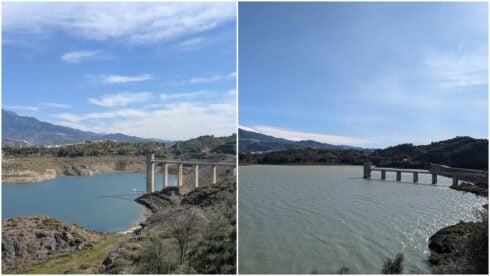CEPSA, Spain’s second largest oil company, said on Monday that it had agreed to buy 220 automated low-cost petrol stations in Spain from Ballenoil for an undisclosed amount.
It emerged in May that Cepsa was in advanced negotiations to acquire Ballenoil, with speculation that the deal could be worth between €200 and €300 million.
The oil giant will maintain the Ballenoil name, as well as its business model and current structure, as well more than doubling the network to 500 stations by 2027.
It also aims to make Ballenoil the benchmark for sustainability in the low-cost market with plans to progressively add electric charging points and incorporate the sale of biofuels.
Meanwhile, Ballenoil said that the agreement with Cepsa supports and strengthens its strategy for the future, promoting network growth and the incorporation of new energies while guaranteeing its fuel supply.
Ballenoil has a presence in 12 regions including Catalunya, the Valencian Community, Andalucia, Madrid, and Murcia.
Cepsa, which is controlled by Abu Dhabi state investor Mubadala and U.S. firm Carlyle Group, intends to expand its overall network to more than 2,000 stations across Spain and Portugal.
It has just over 1,500 outlets but lags well behind Repsol that has over 3,300 stations.
In recent years, it has bought some petrol stations, but only very occasionally, to complete its network in some regions.
Low-cost petrol stations have boomed over the last decade from 3,886 outlets in 2012 to 5,941 at the end of last year.
The Cepsa deal to takeover Ballenoil is subject to regulatory approval.
READ MORE:
- Cash saver: Budget petrol stations planned for eight new sites on Spain’s Costa del Sol
- Oil giant Cepsa announces plans for 15 biomethane plants in Spain by 2030, enough to power 2 million homes…
- Spain’s Cepsa announces largest second generation biofuels plant in Europe to open in Andalucia
Click here to read more Business & Finance News from The Olive Press.








